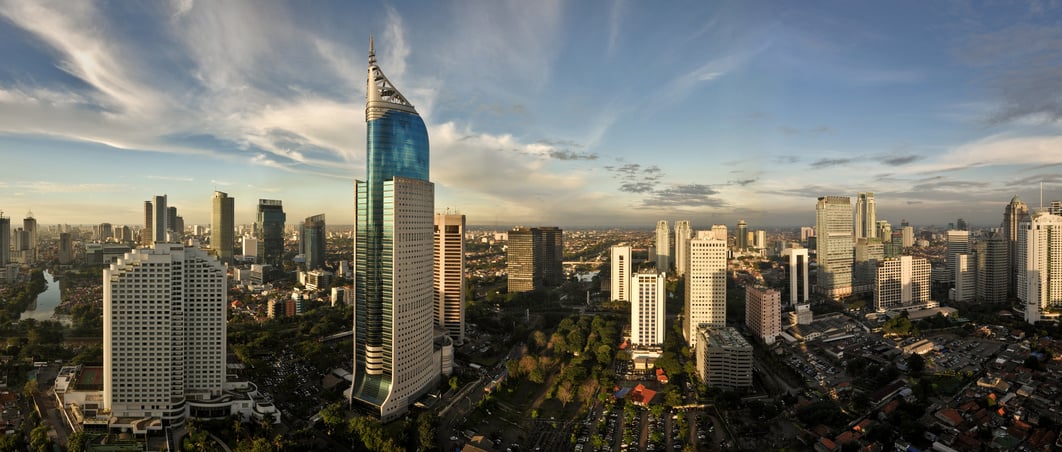In a previous Client Alert (see here), we discussed a rule issued by the Financial Services Authority (Otoritas Jasa Keuangan – OJK) back in 2017 that requires all financial institutions and public and listed companies to prepare a sustainability report and submit it to OJK within a stipulated period. This obligation is set out under Rule No. 51/POJK.03/2017 on Implementation of Financial Sustainability for Financial Services Providers, Issuers and Public Companies (“OJK Rule 51”).
However, towards the end of 2020, OJK (i.e., the capital market division) issued a letter to all listed companies (“OJK Letter”), which effectively extends the deadline for certain types of listed companies to submit their sustainability report. This move is in response to a plea from the Indonesian Issuers Association for an extension and also in response to the ongoing COVID-19 pandemic crisis in Indonesia.


